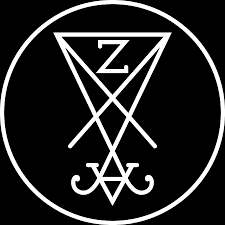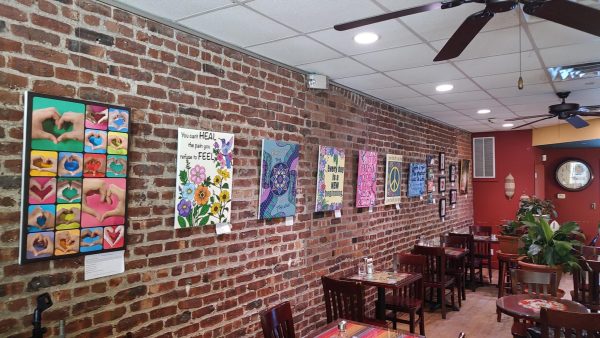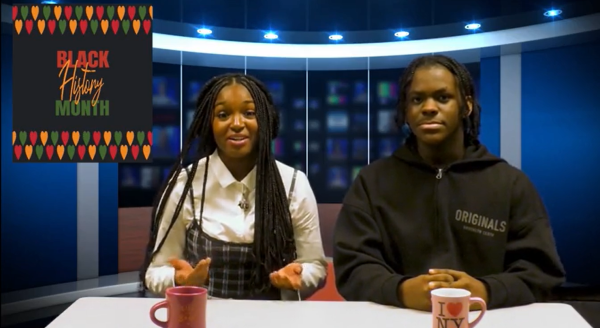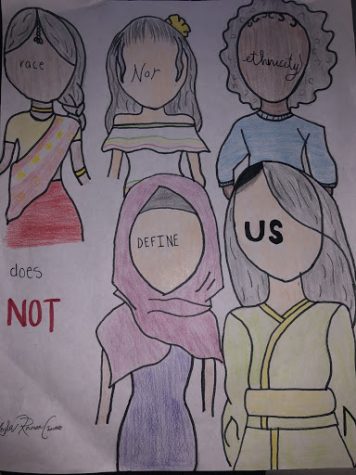The Soul-Filled Black Metal of Zeal & Ardor

When one imagines the extreme Metal subgenre of Black Metal, they may think of Norway in the 90s, with controversial figures such as Euronymous, as well as church burnings and murder. The music itself is lo-fi (low fidelity) and albeit mostly uniform, with tremolo picking (very fast playing) in high minor keys, blast beats, and either croaking or screechy vocals, singing about winter or (most notoriously), Satan. Also, despite its name, its creators and fanbase are generally white.
During the Pandemic, as a metalhead, the genre of Black Metal has attracted me. Its darkness, and, at times nihilism, seems to fit with the pandemic we’ve been experiencing. I started with Hellenic Black Metal of Rotting Christ and moved on to many other bands. So when, in July, in the midst of the Black Lives Matter Protests, I heard talk about amazing new singles from a band called Zeal & Ardor, I decided to check them out.
I started with their first album: Devil is Fine, released in 2016 and expected to hear some traditional black metal. When a hymn that sounded reminiscent of the hymns that enslaved African Americans are known to sing began the title track, soon joined by the sound of a chain and some atmospheric tremolo picking, my mind was blown.
The whole album was like that. Slave hymns mixed with Black Metal. Their second album, Stranger Fruit, was more of that, albeit more refined. So, as I awaited the release of their EP Wake of a Nation, I did some research.
The project is helmed by Manuel Gagneux, a black man from Switzerland. He already had a solo project, Birdmask, which he decided to take to 4chan to get some brutally honest responses. He also wanted to expand his creativity, so he asked for two music genres to meld together in 30 minutes. One user said “Black Metal” while another offered a less appropriate suggestion. He didn’t make the song, but the idea stuck with him.
He formed the group as a solo project in 2013. According to Gagneux, when asked why he decided to tackle black metal with blues, such different genres, he responded: “I think there’s a connection between the two; it’s a form of rebellion. Even if slave music isn’t exactly defiant, it’s still like the triumph of the will of the people. I think there are parallels with, say, Christianity being forced upon both the Norwegians and the American slaves, and I kind of wondered what would’ve happened if slaves would’ve rebelled in a similar fashion to Burzum or Darkthrone [two foundational black metal bands].” (Vice, 2016). Rebellion is so cemented in humans that it has manifested itself in many diverse genres, such as Hip-Hop, Blues, Punk, and Metal. Rebellion is different in everyone though. Depending on privilege, there are certain extremes it can be carried. For slaves, that meant singing to the God of their oppressors, in a big “screw you” to them.
The concept of the band is to imagine what if instead of becoming Christian, enslaved peoples in the Americas became Satanists. In a way, this makes sense. Why worship a God that your oppressors also worship and have forced upon you? I’d imagine that this scenario would lead to deeper racism, coming not only from the color of their skin and white supremacy, but from that black Americans would be literal Devil-Worshippers. This Concept is explored throughout the first two albums, which feature harsh black metal howls throughout the songs.
But their third release, Wake of a Nation, takes a different approach. Featuring a piano (blasphemy!) and less black metal, it addresses the reason behind the Black Lives Matter Protests. All the songs are quite powerful, and the most traditional Zeal & Ardor song “Tuskegee,” addresses the infamous and horrible Tuskegee Syphilis Experiments.
The anger behind all the songs from every album seem to be reflective of the anger of Black people everywhere that are oppressed, in a way that can effectively be expressed by heavier music. While I cannot personally speak to that experience, many people online who like it and are Black, can. The howls and screams are full of anguish and pain that comes from over four centuries of oppression by Europeans.
So if you want to try some new music that still is politically resonant, listen to Zeal & Ardor.









